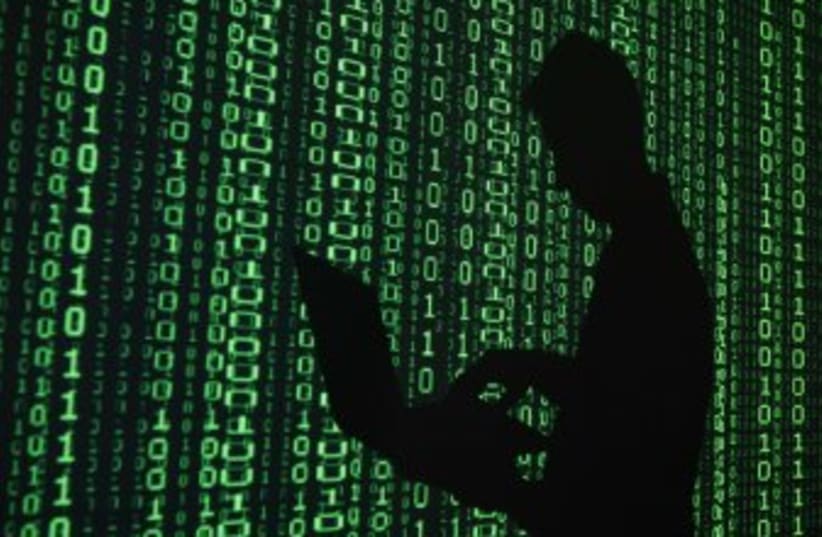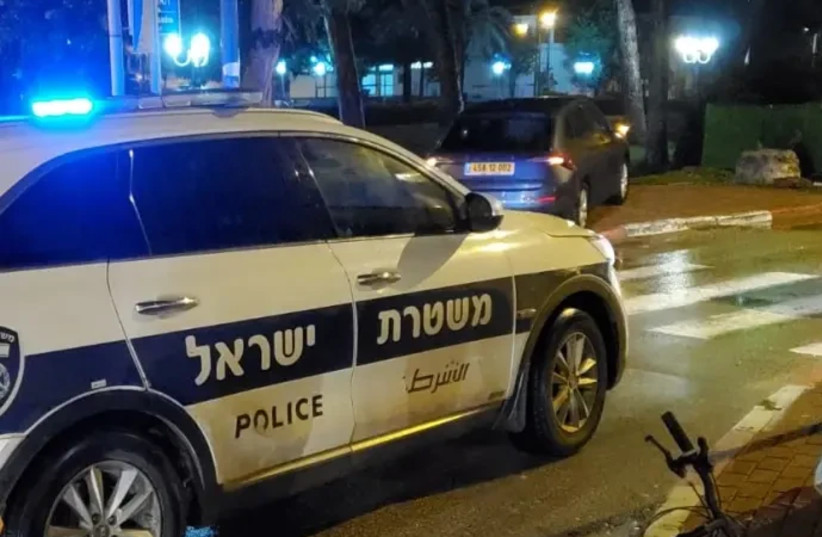In its annual report on Sunday, the Public Defender’s Office slammed the state for abuse of power in hacking the cellphones of suspects.
Public Defender Anat Meyassed Cnaan also complimented the state for mild improvement in reducing the volume of detainees per year, compared with prior years.
Regarding violating privacy rights, the report said there were several problems.
It emphasized that the police should not be hacking into cellphones of suspects in any fashion before the Knesset passes new legislation to properly regulate the issue and balance security needs with privacy rights.
Headlines lambasted the issue many times over the last year because it played a role in the public corruption trial of Prime Minister-designate Benjamin Netanyahu as well as in Case 3000, the Submarine Affair, in which many of his senior former aides are currently on trial.
Broadly speaking, the state has admitted that some of its cellphone hacking went beyond court approvals, but that in such cases, the data it seized was not used to prosecute the suspects in question.
However, even last week, the state said it had not decided principles for when such data should be deleted or stored for potential use in future cases.
What was the Public Defender's point?
The Public Defender’s Office said all of this was backward and that the state should not be able to hack any data until the Knesset settles these issues.
Moreover, the report indicated that the volume of court-approved electronic searches has become concerning, already reaching 24,000 approvals for search warrants in 2019. There is no data yet for the comparable number of searches in 2022 or more recent years, but the expectation is that the mix of electronic searches based on warrants, as well as searches without warrants, is only continuing to jump upward.
In addition, the report flagged a law-enforcement technology that allows collecting data about nearby cellphones to one particular targeted suspect without proper Knesset regulation.
It also mentioned a technology the police use to track cars, using photos of their license plate numbers, which has not been regulated by the Knesset and could be abused.
Further, the report warned that the police routinely review suspects’ cellphones without a court order by manipulating them into thinking they must agree to give the police access.
Citing a recent Supreme Court decision that criticized this practice, the Public Defender’s Office said the Knesset should pass a new law, making this explicitly illegal.
Even as the law currently stands, the Public Defender’s Office said courts should toss any evidence obtained in this way because it violates the fundamental protection of suspects to maintain their silence and thus avoid self-incrimination.
The idea of that objection is that people maintain extremely personal items on their cellphones, and they should be able to do so without exposure, unless there is a court order.
The report even cited examples of cases, such as in the Lod District Court, where evidence obtained by an illegal search of a cellphone was disqualified, which led to a partial acquittal for a defendant accused of drug offenses.
Unusually, the report credited the police in reducing the trend of what it considers improper or unnecessary detentions.
In 2020, the number of detentions dropped to 46,501, the report said, adding that it was an 11% drop compared with 2018.
In recent decades, the lead item of Public Defender’s Reports often was the complaint that the police overly rely on detaining suspects for small crimes, or where the evidence against them is weak, in order to pressure them into plea deals.
Even with the smaller relative number of detainees, the Public Defender’s Office would still say the numbers should reach a much smaller level.
In addition, the report said the numbers did not show the full picture because temporary detentions in the field, where detainees are not brought back to a police station, are left out of the statistics.
The report also addressed a wide number of other issues, including over-policing in general of small crimes, such as shop-lifting, especially where the defendant is poor.
Meyassed Cnaan said the year 2021 was a year of transitions, from her taking over from her predecessor, Yoav Sapir, to her lawyers coping with COVID-era limits on defendants’ and detainees’ rights.
“The resilience shown by the Public Defender’s Office during this transition period showed the devotion of its lawyers, which stems from the deep sense of commitment and values of the public defenders to their clients,” she said.


